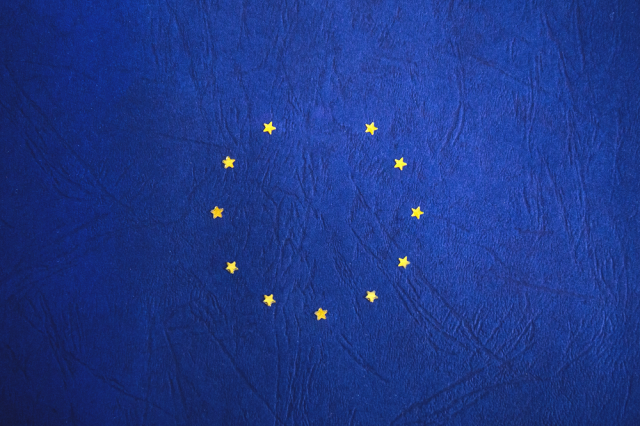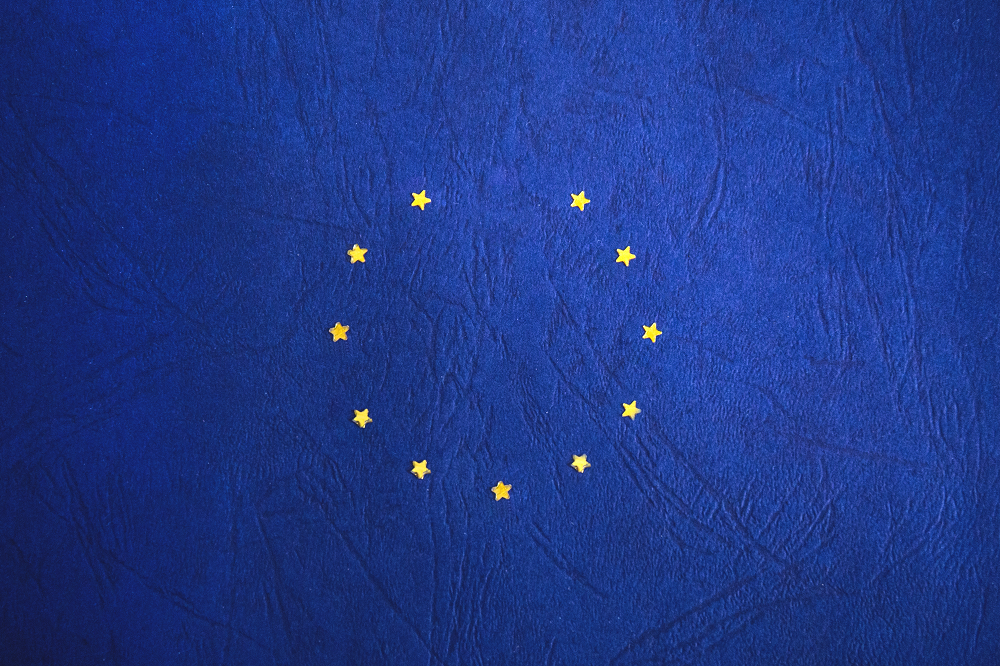After Brexit – what will remain?
Following the referendum in June 2016, the UK Prime Minister has stated that Article 50, the trigger mechanism for withdrawal from the EU, will be initiated by the end of March 2017. There are still key questions about what laws will have to be changed, what relationship will exist between the EU and the UK and how free the UK will be to act domestically and internationally. Some of these questions have received spurious answers during and since the referendum debate.

What laws will have to be changed?
The key legislation that ties the UK to the EU is the European Communities Act 1972. This will have to be repealed by a Great Repeal Bill. Beyond this, it has been estimated that 13.2% of UK legislation between 1992 and 2004 was EU-related. It will be an immense task to filter through UK laws to decide which of them specifically relate to the EU. It will then have to be decided what is to be kept and what is to be discarded. These laws are not necessarily just laws about the EU. They are often the transposition of standards agreed at the EU level, including by the UK, for the protection of minorities, workers, women, the environment, etc. There is no suggestion they will disappear in a stroke, indeed, many may well be retained.
What relationship will there be between the UK and the EU?
The EU is known to negotiate specific relationships with individual states and trading blocs. But these negotiations take considerable time and require the agreement of all EU Member States. The other key consideration is the trajectory of the UK compared with other relationships: the UK is leaving the EU, which is unprecedented, whereas other negotiations are for other countries to draw closer to the EU. It also has to be borne in mind that it would not make sense to the EU to make leaving the EU more advantageous than staying in.
There is a range of models. The European Economic Area (EEA) and European Free Trade Association (EFTA) are the closest to EU membership, as they have access to the single market, for which they must allow the ‘four freedoms’: goods, services, people and capital. This has been an issue for Switzerland, the only non-EEA EFTA member, which has to balance economic reliance on access to the single market with the results of a referendum calling for an end to freedom of movement.
If the EEA and EFTA are considered too close to membership, other bespoke relationships exist. For example, the EU association with Ukraine forms a ‘Deep and Comprehensive Free Trade Area’, but does not include freedom of movement and all the relevant EU Regulations have to be fulfilled. But again, there is a context to this relationship. The association is complex, has taken time to negotiate and comes under the area of the EU’s Eastern Partnership.
What will not go with the UK withdrawal from the EU?
Obligations to the EU include various agreements consolidated in the Treaty on European Union and transposition of the various Directives and Regulations into UK law. After the specified period, withdrawal from the EU will no longer require adherence to the EU Treaty, and the UK will not have to transpose future EU Directives. But those Regulations which relate to any future economic relationship with the EU will remain.
But the EU is only one source of internationally-agreed standards that the UK is party to. The UK has a range of international obligations, such as those from treaties under the auspices of the Council of Europe, United Nations or the International Labour Organisation, among others. Chief amongst these is the European Convention on Human Rights, the substantive articles of which are brought into UK law through the Human Rights Act. This has particular standing in that other international treaty, the Belfast Agreement. In a context where there are suggestions to repeal the Human Rights Act, there would need to be provision for the retention of the Convention rights in Northern Ireland. In addition, while not having the same level of direct justiciability of the European Convention, the UK is also obliged to uphold a range of other international human rights standards.
Whatever the model adopted for the future relationship with the EU, there are still considerable unknowns that are dependent on the outcome of negotiations following the triggering of Article 50. This is particularly the case in Northern Ireland, not only because of the only land border with an EU state, but because of the delicate nature of agreements over time relating to dealing with the legacy of conflict. Specific concerns might include the environment, the agri-food sector, rural development, fisheries and the border. The solution to the conundrum of having necessary customs checks on the border while maintaining freedom of movement and adherence to the Common Travel Area has not been sufficiently outlined.
The effects on the UK, and Northern Ireland in particular, of withdrawal from the EU may not become fully apparent for many years to come. The Great Repeal Bill may not in fact alter much legislation immediately, but will set a context for revisiting a broad range of legislation for relevance. As for the economic, social and political consequences of Brexit for Northern Ireland, despite much conjecture, they remain substantially unknown.



